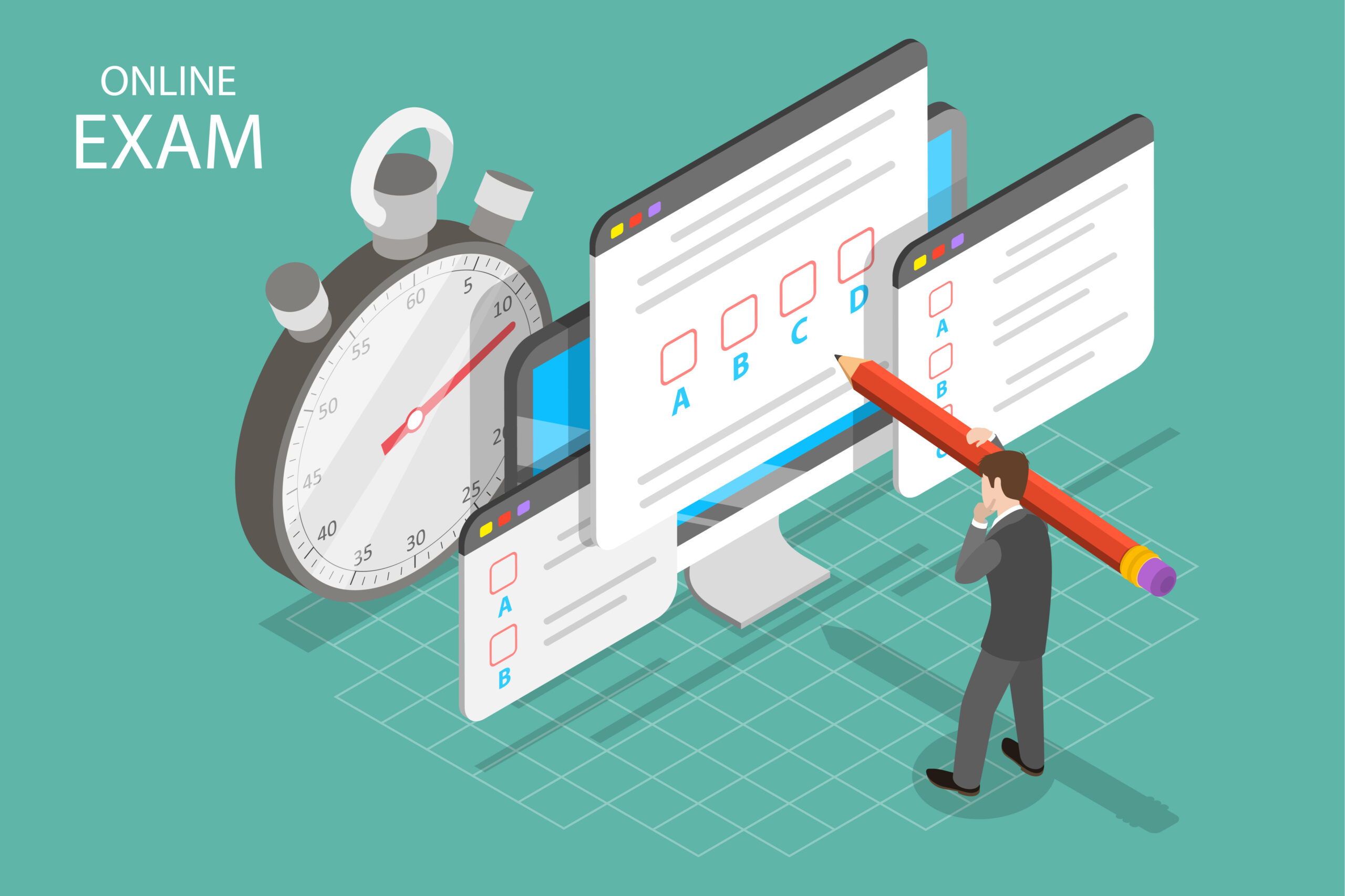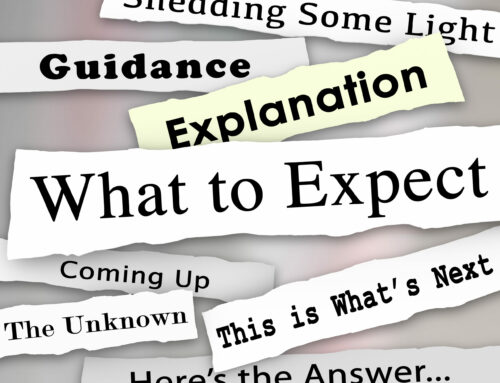Taking the time to describe errors on an exam and to identify the outside factors contributing to performance is a useful strategy for improving on future exam performance.
Are past paper questions always useful?
We always recommend that our students revisit previous exam papers and take them under exam conditions. We believe that this is one of the most effective ways of checking your progress and of identifying any gaps in your knowledge.
However, past papers also have a number of other great uses – they give us an insight into what the examiner is thinking, an idea of what might come up in the future and highlight the pitfalls to avoid as we prepare for and sit the exam.
September 2021
It didn’t take too long for our LinkedIn feed to start filling up with CII candidates declaring the September 2021 AF1 sitting to be the hardest they’d ever seen. Now that the exam guide is out, we can see for ourselves that it was, indeed, a toughie.
First off, for a whopping 16 marks, candidates were asked to calculate the top-slicing relief and the relieved tax liability on an investment bond. While our students are able to watch (and rewatch!) a video on this very calculation, it’s a pretty complex one and there’s a lot to remember. Layout and attention to detail are key to getting full marks here…as ever, practising the more complex calculations before exam day can pay dividends.
Other areas where candidates struggled included Enduring Power of Attorneys, residency, the taxation of investment bonds held in trust, accumulation and maintenance trusts, POAT and gifting shares to charity.
To be fair, there were no topics in this paper that aren’t covered as part of our Structured Study Plan, but whereas typically, we can expect to see one or maybe two ‘curve balls’ in an AF paper (and by ‘curve balls’ we mean the testing of legacy products and trusts and/or specific technical areas where the CII know that candidates struggle), this particular sitting felt like it had more than its fair share. Straight-forward questions were few and far between.
Conclusion
So, what can we learn from this? Well, the CII’s AF1 examiner does appear to have raised the stakes, and so we need to raise our game to match. The key to success, if the advice given in the exam guide is anything to go by, is to ensure that our answers are detailed enough and our studies wide enough – so that not only are we up to date with our tax and trust knowledge, but also that we retain our knowledge of legacy issues.
February and April 2022 AF1 exam sittings
As we head into 2022 our most important mission is to continue to provide you with the very best of study resources, support and service to help you continue to achieve your goals.
Doing the doing gets results! Remember you won’t be doing this alone you are fully supported by every member of our team who will be expertly guiding you through your studies. Studying is not for the faint hearted – it will absorb you, it demands hard work and dedication and that is why we want to work with you by providing you with the right help at the right time.






